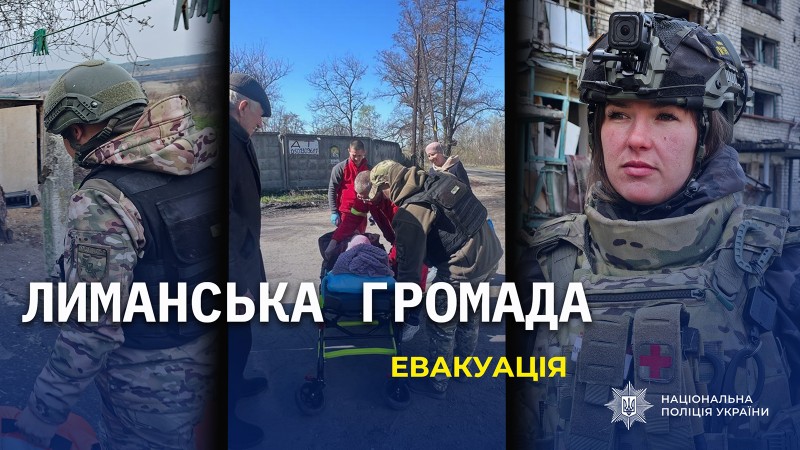"The regime of Vladimir Putin is a mad dog"

The leaders of the EU and six countries from the former USSR meet Friday in Brussels to deepen their "partnership". On this occasion, the Ukrainian Minister of the Internal affairs Arsen Avakov answers the questions of the JDD.
The 5th Eastern Partnership Summit is taking place in Brussels on Friday. The Heads of State or Government of the EU Member States and six Eastern European partners (Armenia, Azerbaijan, Belarus, Georgia, the Republic of Moldova and Ukraine) will look into the future of their cooperation. The main taboo of this "Eastern Partnership" meeting is Russia and its hold on countries that Moscow believes still belong to its "sphere of influence", as well as the concerns of European capitals about Russian interference in their election processes. It is why we asked the Ukrainian Minister of Internal Affairs Arsen Avakov to answer questions from the JDD.
What do you expect from this summit?
We are waiting that all provisions, which can be adopted by the European Union about our future, will be implemented in practice. I want to make sure that the European Union understands that it is not possible to turn a blind eye to the crisis in relations with Russia. This problem should be at the center of attention of all democratic countries. It is Ukraine which protects our common values today. The regime of Vladimir Putin is a mad dog, and we are keeping this dog out of our border. We do not allow him to cross the Ukrainian border. We are suffering hostilities at the border and a humanitarian catastrophe in the occupied territories,
What do you expect from France, in particular?
We look with great optimism on the EU Council of Ministers and the position of President Macron. It seems to us that he is in favor of undertaking some concrete actions to address the crisis we are going through in relations with our Russian neighbor.
We expect that France will exert the greatest possible influence in order to drive the Russian troops out of Donbass territory. Ukraine must control its borders with the help of a peacekeeping mission and in such a way that no weapons or other means can enter the country to support this conflict in favor of the Russians. The Minsk agreements led to a ceasefire, which was a good thing, but it did not end the war as well as the occupation.
When it ends, then we will set up real local elections. We will be ready to work with the civilian population. At present, we consider some kind of law on collaborators, like the legal provisions adopted in France after the World War II, and an amnesty law for those who have not fought and who have no blood on their hands. Sociological polls show that today 60% of the population of occupied territory wants to return to Ukraine, 20% - does not want, and 20% of them wants to return to Ukraine but are afraid that they will not be welcome. That is why we will have to find a formula for the return of all these people.
Angela Merkel is busy with internal German problems. Can this be a brake on aid to Ukraine?
If she stops to help us, France can take over and be the leader in this respect.
Is there still fighting on the front line?
Yes, as we call it - the cold phase. Almost every day, there is an average of one or two dead and five wounded. But it is the civilians who suffer the most. The conflict has killed more than 10,000 people. In the Donetsk and Luhansk regions, there are military units called LNR and DNR armies which are subordinated to the 8th Army of the Southern Regional Command of the Armed Forces of the Russian Federation. These groups are made up of local mercenaries and mercenaries from the Russian Federation who are run by Russian professional military officers. In Donbass, according to our data, there are four to five thousand Russian army officers.
The 8th RF Army provides combat and logistical support. 30% of a total number of rank and file in the so-called People's Army of LNR and DNR are Russian mercenaries. The main question now is: when will Russian troops leave Ukrainian territory? This question cannot be replaced by the question of relations between Ukraine and the occupied territory. But we are not entirely naive... Just understand that if the Donbass leaves us, it will be a very great wound and it will take time to heal. We do not have much strength, and if Europe is interested in helping us, it would be wonderful.
What other issues do you want to be discussed on Friday?
The ecological issue which is very serious in this part of the Ukrainian territory. Donbass is a mining region and 80% of the mines (coal mines) in the occupied territories are flooded with water mixed with methane.
Then this mixture infiltrates into the soil and contaminates the sources of drinking water, which becomes unusable. As a result, there is a lack of drinking water. It is necessary to provide water from other regions of Ukraine, including the water from the Dnieper River. Also, these territories are extremely mined. And specialists agree that demining will take between seven to ten years.
The other big worry is the forced migrants from Donbass. A million and a half people had to leave their homes, their property, their jobs, their whole lives, and flee from the war with practically nothing. It destabilizes the Ukrainian demographics, the economy, the entire system of the country's life. Nearly 500,000 people have settled in Kiev, and they are often homeless and with documents which, for various reasons, we cannot trust completely.
Does the Eastern Partnership Summit still seem useful to you?
Yes of course.






